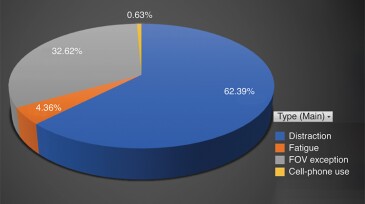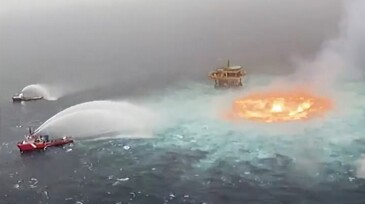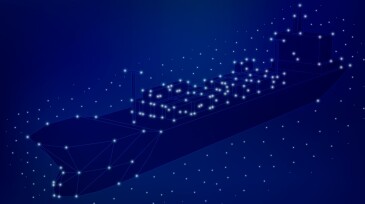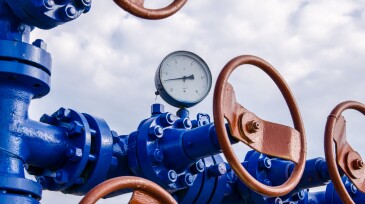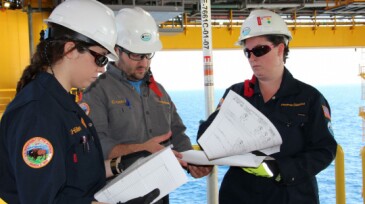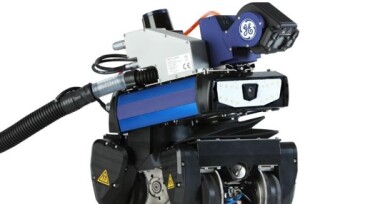Safety
The company said its frequency of serious incidents was down at the end of the year from its levels at the end of 2024.
This paper examines how real-time monitoring can improve both incident prevention and emergency response in the oil and gas industry. Drawing from real-world examples and case studies, it provides practical strategies for implementing this technology effectively.
This paper presents a novel application of artificial intelligence in computer vision for automating blowout-preventer pressure-chart-data extraction, demonstrating significant efficiency gains and a high return on investment.
-
The authors’ objective is to understand further how technology can support the prevention of driver fatigue and to explore driver beliefs related to fatigue and the technology designed to assist in fatigue avoidance.
-
The swirling, sea-surface fire near the Ku-C platform was extinguished after several hours.
-
The international petroleum industry has been in the spotlight after a gas leak sparked the underwater “eye of fire” boiling to the surface in the Gulf of Mexico and a large blast at a Caspian Sea oil and gas field.
-
The introduction of artificial intelligence (AI) cameras on marine vessels is planned to embrace a smarter automated analytic response and reporting culture, which, in turn, is expected to lead to increased safety oversight of critical offshore operations in areas that have been determined to have a lack of physical safety coverage.
-
This paper describes a project whose objective was to define a costing methodology that showed indicative costs and effects of recordable safety incidents in an organization. This project’s main aim was to raise awareness, through a cost calculator, of occupational health and safety by placing a measurable dollar value to recordable safety incidents.
-
If stakeholders take action and initiate dialogue, we may be able to accelerate efforts to make our industry safer.
-
SponsoredWell monitoring hasn’t been easy. But it’s something that has to be done. Remote oil and gas wells are notoriously difficult to monitor. But new technology may make them some of the most advanced sites out there.
-
Texas A&M’s Engineering Experiment Station will have a budget of up to $40 million over 5 years to operate and maintain the OESI.
-
Advanced nondestructive-testing technology such as drones and robotics were tried in Abu Dhabi National Oil Company gas-processing field sites successfully and demonstrated the benefits of using such technology for inspections to ensure asset integrity without any compromise on safety while saving time and operational expenses.
-
Big data analytics is a big deal right now in the oil and gas industry. This emerging trend is on track to become an industry best practice for good reason: It improves exploration and production efficiency.




